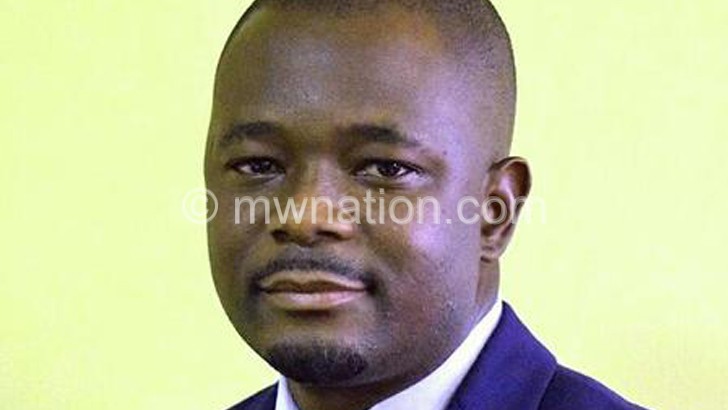Electricity companies step up on blackouts
Energy players say they are still working on medium to long-term power generation and supply solutions amid continued electricity blackouts in the country, .
Electricity outages due to, among other factors, inadequate hydro-electricity generation arising from low water levels on Lake Malawi and reduced flows on Shire River has been mentioned as the main contributing factor.

In a letter to the Malawi Confederation of Chambers of Commerce and Industry (MCCCI) which Business News has seen, Electricity Supply Corporation of Malawi (Escom) chief executive officer Evelyn Mwapasa is on record as having said Malawians will continue to experience a shortfall in electricity supply unless the country receives normal to above normal rainfall for a period of about five years consecutively.
In an interview on Thursday, MCCCI chief operating officer Chimwemwe Luhanga said while businesses await to hear on the interventions that the powersupplier will undertake in the second half of 2017, as a coping mechanism, businesses have resorted to, use of generators which he said is expensive and increases the cost of doing business.
In an e-mailed response to a questionnaire, Electricity
Generation Company (Egenco) senior public relations officer Moses Gwaza said as of Thursday, the country is operating at 160 cubic meters per second (cumecs), which is 20cumecs lower that what the company was operating at previously, and 106 cumecs below the full capacity of 266cumecs.
“In the medium to long-term solutions, Egenco is implementing a project on the construction of an 18 megawatts [MW] Tedzani IV Hydro Power Plant with support from the Japanese government.
“At the moment, we have engaged the Ministry of Agriculture, Irrigation and Water Development who regulates the flow of the Shire River [at Liwonde]. After that meeting it is when we will be in a better position to advise on how we will be operating in the coming three months before the onset of the rains and the estimated generation capacity,” he said.
Escom public relations manager Kitty Chingota said in an emailed response on Friday that procurement is underway for 78-MW of emergency diesel powered generators to be operational by November 2017 while an additional 36MW diesel power generation by Egenco will be operational by December 2017 and 70MW Solar PV Power to come on-line between December 2018 and April 2019 from four sites across the country.
“Medium to long-term power supply interventions are also underway, like the Kammwamba 300MW coal fired power plant, expected to come on-line in 2020/2021, an additional 18MW from Tedzani [Tedzani IV] to come on-line in 2021, interconnections with Mozambique and Zambia [2021 and 2022, respectively as operational dates for the two interconnections] and various other power supply options from independent power producers (IPPs) in biomass, hydro, wind and gas,” he said.
Ministry of Natural Resources, Energy and Mining spokesperson Saidi Banda said in a questionnaire on Friday, with all interventions the ministry has put in place, the country should expect stability, reliability and security of power supply.
He said: “The ministry is conducting feasibility studies in renewable energy sources and so far, feasibility studies have been completed for power generation on Fufu River in Rumphi. Mbongodzi Hydropower Plant on Bua River will also be developed by an IPP.” n





